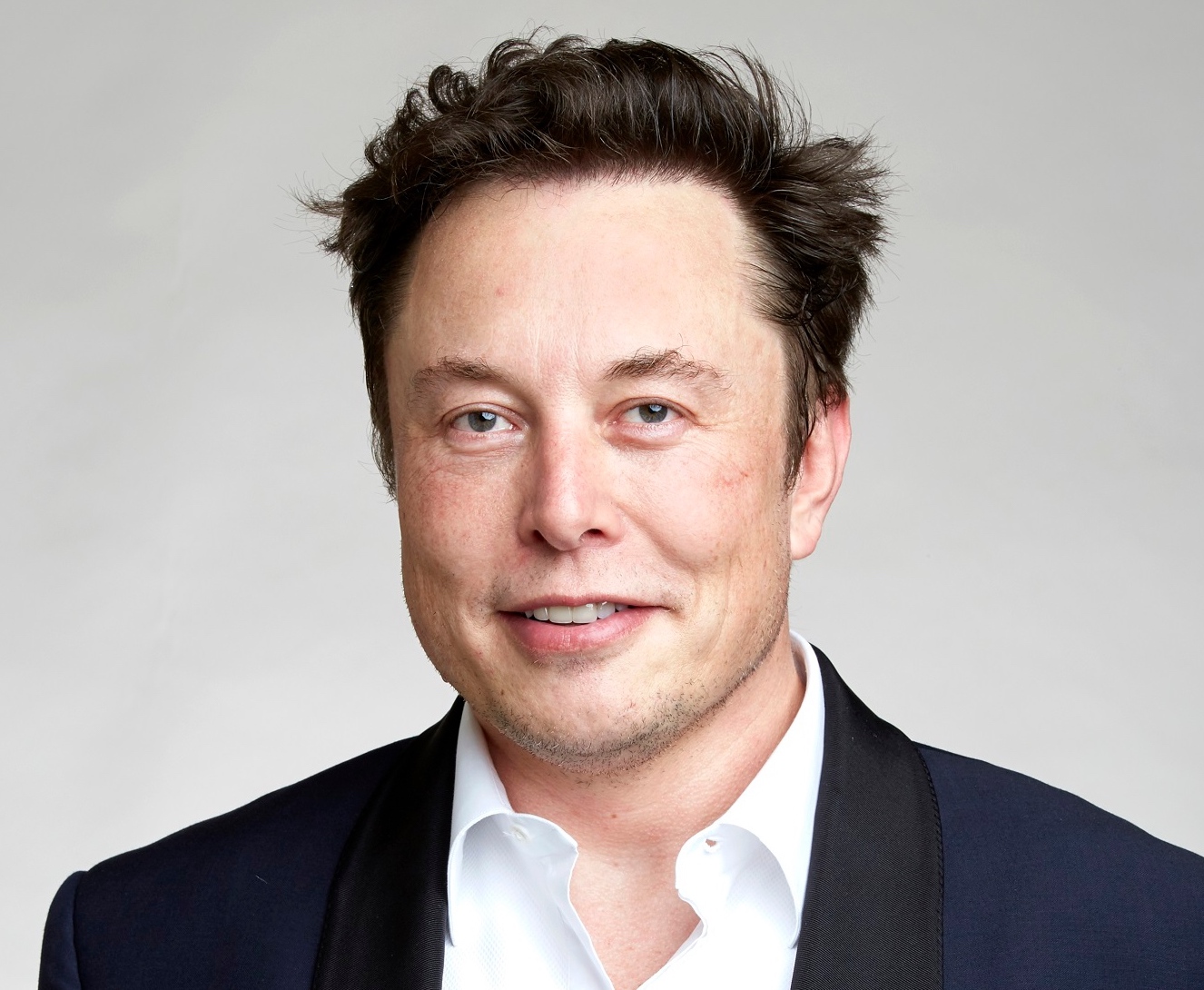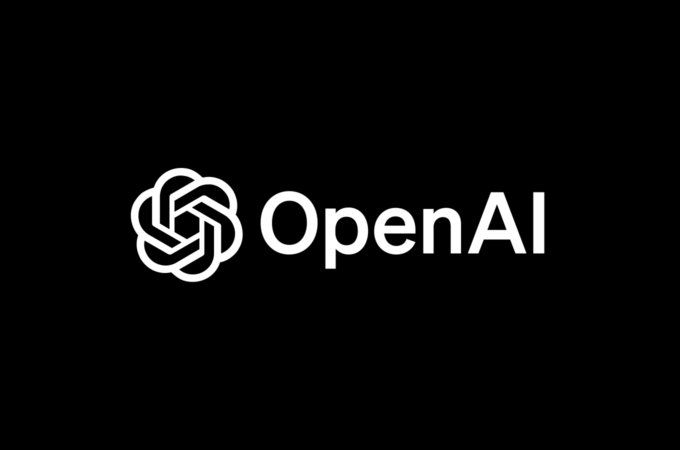
Elon Musk Drops Lawsuit Against OpenAI
In a surprising turn of events, Elon Musk has withdrawn his lawsuit against OpenAI and its CEO, Sam Altman. The lawsuit, originally filed in February, accused the AI start-up and its founders of breaching their founding contract by prioritizing commercial interests over the public good. This legal battle has underscored the growing tensions and divergent paths between Musk and OpenAI, a company he helped establish in 2015.
Elon Musk, CEO of Tesla and founder of the AI company xAI, launched the lawsuit alleging that OpenAI had deviated from its original mission. Musk claimed that the multibillion-dollar partnership between OpenAI and Microsoft signified an abandonment of the company’s pledge to develop artificial general intelligence (AGI) for the benefit of humanity. Instead, Musk argued, OpenAI had become a profit-driven entity, focusing on proprietary technology to maximize profits.
The lawsuit sought to compel OpenAI to make its research and technology freely available to the public, in line with what Musk referred to as the company’s “founding agreement.” This agreement, according to Musk, was aimed at ensuring that the development of AGI would benefit humanity as a whole, rather than being controlled by a few powerful entities.
OpenAI responded to Musk’s claims by seeking to dismiss the case, calling it incoherent and frivolous. The company argued that there was no formal founding agreement as described by Musk, and that the lawsuit was an attempt to advance Musk’s personal interests in the AI field. Legal experts had also questioned the foundation of Musk’s case, noting that it was based on a loosely defined “vibe” from emails rather than a concrete, signed agreement.
On the eve of a scheduled court hearing to consider OpenAI’s request for dismissal, Musk’s attorneys filed for the voluntary dismissal of the lawsuit. The filing did not provide a reason for this abrupt decision, leaving room for speculation about Musk’s motivations and future plans.
Elon Musk co-founded OpenAI in 2015 alongside Sam Altman, Greg Brockman, and other prominent AI researchers, with the goal of developing AGI in a safe and controlled manner. However, Musk parted ways with OpenAI in 2018 after a power struggle over the direction of the company’s research. Since then, OpenAI has grown significantly, achieving major milestones such as the development of the highly popular ChatGPT.
In contrast, Musk has remained vocal about the potential dangers of AI, labeling it an existential threat to humanity. Last year, he founded xAI, an AI start-up aimed at understanding the true nature of the universe. xAI recently raised $6 billion in funding, signaling Musk’s continued commitment to the field of AI, albeit on his terms.
The dismissal of Musk’s lawsuit highlights several critical issues in the rapidly evolving AI industry. Firstly, it underscores the tension between profit-driven motives and the ethical considerations of AI development. OpenAI’s transition from a non-profit to a “capped-profit” model, in partnership with Microsoft, reflects the substantial financial resources required to advance AI technology. This shift has sparked debates about the balance between financial sustainability and the public good.
Secondly, the legal battle and its abrupt end illustrate the complexities and challenges of founding agreements and mission statements in the tech industry. As AI technology continues to advance, companies must navigate the fine line between innovation, ethical responsibility, and commercial viability.
Lastly, the situation between Musk and OpenAI highlights the competitive and often contentious nature of the AI landscape. With major players like Musk and Altman at odds, the industry is likely to see ongoing debates about the best paths forward for AI development and deployment.
While the lawsuit has been dismissed, the issues it raised remain pertinent. OpenAI continues to push forward with its development of advanced AI models, recently announcing work on a successor to GPT-4. The company also established a new Safety and Security Committee to address the risks associated with emerging AI technologies.
Meanwhile, Musk’s xAI is poised to further its research and development efforts, potentially positioning itself as a significant competitor to OpenAI. The intersection of these two entities’ paths will undoubtedly shape the future discourse and development of AI.





